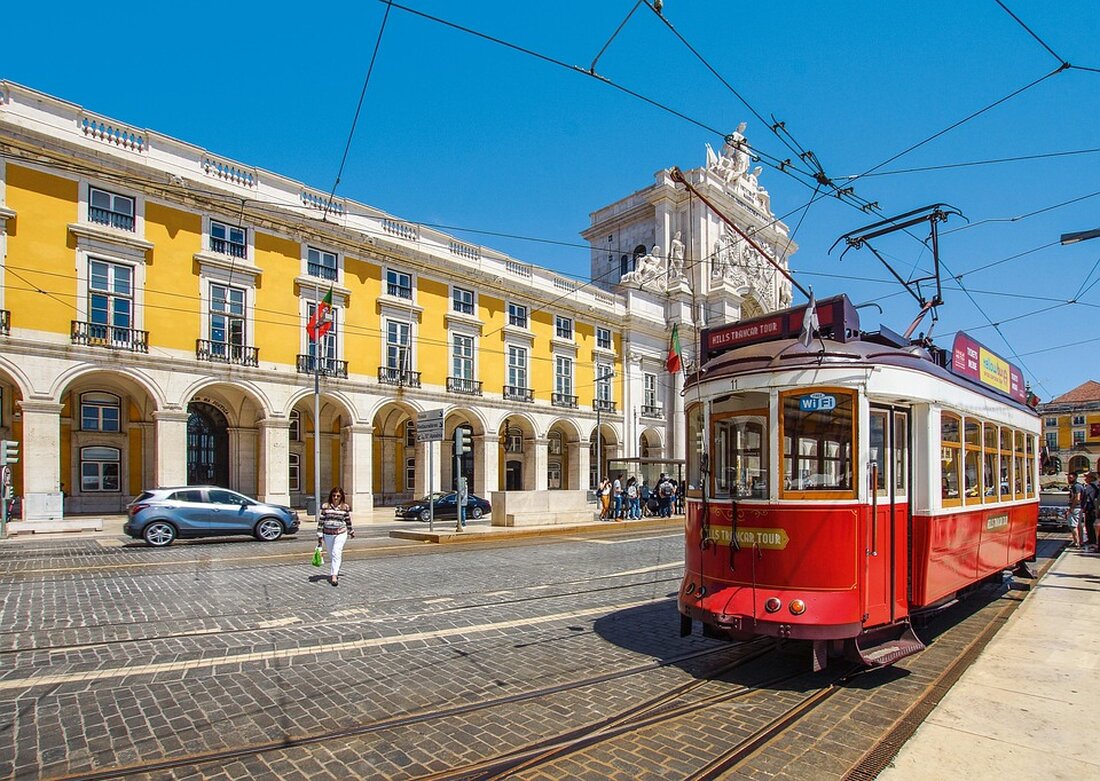Tourist rush in Lisbon: A nightmare for residents?
Find out why Lisbon, a popular summer destination, is suffering from the pressure of tourism and what challenges this poses.

Tourist rush in Lisbon: A nightmare for residents?
Portugal is considered one of the most popular summer travel destinations for Germans. The capital Lisbon attracts almost five million tourists every year. With around 500,000 inhabitants, the city is struggling with the consequences of mass tourism, which leads to tensions between locals and visitors. Residents complain about the crowds of inconsiderate visitors, the noise of the airport, which operates without a ban on night flights, and the exhaust fumes from cruise ships, which emit more pollutants than the entire car traffic in the country. The increasing number of holiday apartments also contributes to the continuous rise in rental prices on the housing market. The question of how many tourists Lisbon can actually handle remains open.
However, Lisbon's tourism industry also shows encouraging statistics. In April 2025, the accommodation providers recorded an average occupancy of 73 percent. Revenue per available room (RevPAR) was 69 euros, which represents record levels in the industry and was last achieved in summer 2019. The number of overnight stays sold climbed to 58,000, a level not seen in two years. This recovery also led to a turnover of 5.8 million euros in local accommodation in April, one of the highest figures since the end of summer 2019.
Record numbers in the hospitality industry
Prices for local accommodation in Lisbon peaked in April with an average of 100 euros. This is despite the challenges facing the city. The situation was similar in the neighboring city of Porto, where the average occupancy in April was 54 percent, above the 50 percent in April 2019, but below the high of 73 percent in September 2019. The RevPAR in Porto also reached 44 euros, which is above the April 2019 level, but 12 euros below the record level of 56 euros in September 2019.
The average daily price in Porto in April was 85 euros, the highest ever recorded for that month. The city recorded a total of 39,000 overnight stays sold, resulting in a turnover of 3.3 million euros. These positive indicators show that tourism in Portugal is gradually recovering after the pandemic, with signs of a return to previous heights evident.
However, the challenges of mass tourism remain, raising the question of how to strike a balance between the interests of locals and the needs of tourists. The topic of sustainable travel is more relevant than ever in Lisbon.
For more information about tourism and its impact on Lisbon, visit 3sat as well as The Portugal News.

 Suche
Suche
 Mein Konto
Mein Konto